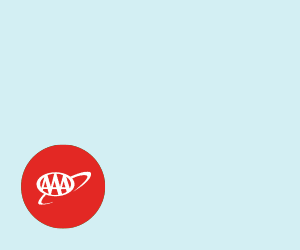Travel means moving, but when we’re not moving under our own power, about 30 percent of us experience motion sickness.
“Any kind of conveyance makes people sick,” said Millard Reschke, chief of neuroscience at NASA’s Johnson Space Center in Houston.
Reschke has been studying the phenomenon for about 40 years, and with good reason: Around 70 percent of crew members on space missions get sick. Motion sickness occurs because of something called retinal slip, which you can see for yourself.
Hold your hand up and move your head back-and-forth, and you’ll see the lines on your palm clearly. Move your hand back-and- forth instead and the lines appear blurry. That’s what happens when we move in a car or space shuttle, and that blurring or slipping of the image on the eye’s retina confuses the sensory system in the inner ear and makes (some of) us sick.
For the rest of us, our best bet is to try to limit the body’s confusion. “What I do about it is stop moving,” said Reschke. And if that isn’t an option? “I know you don’t want to hear ‘Look at the horizon and eat crackers,’ but it helps,” he said.
Another possibility might be on the horizon. Reschke has been experimenting for years with glasses that have a strobe-light effect to help stabilize images on the retina. On a car trip from Texas to Oklahoma his wife – who normally can’t read in the car without getting sick – wore the glasses.
“The whole way, she was reading,” Reschke said.
Those glasses, sadly, are not on the market yet.
Despite decades of testing, Reschke says experts haven’t been able to determine why some of us experience motion sickness while others don’t. Genetic testing, he believes, could one day yield an answer – and eventually, maybe, a cure.















